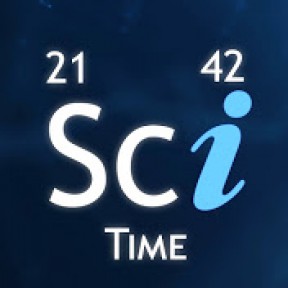Brian Greene | Did The Universe Emerge Inside a Black Hole?
The big bang theory explains the beginning of our universe. But could the entirety of our universe be inside a black hole? Theoretical physicist Brian Greene explains this bizarre hypothesis in cosmology.
The idea that our universe may be entirely contained within a black hole is a mind-bending concept that has been explored by physicists for decades.
This hypothesis draws upon both general relativity and quantum mechanics, and could provide answers to some of the most perplexing questions in cosmology, such as the origin of the universe and the source of dark energy.
But, are there any observable effects that could indicate that our universe is inside of a black hole? Virtually all cosmologists and theoretical physicists endorse the idea that the universe emerged during a single moment some 13.8 billion years ago. That, in a nutshell, is the Big Bang theory. Evidence supporting the idea is extensive and convincing.
However, a few profound questions about dark matter, dark energy, and cosmic expansion have some astronomers rethinking what we know about the early universe.
Some scientists have revisited a decades old idea that our observable universe right now might exist on the interior of an enormous black hole. That could potentially explain the origin of dark matter and dark energy, as torsion, a property of spacetime caused by the black hole, could be the source.
According to Brian Greene, the possibility of our universe being inside a black hole is an interesting puzzle that has been explored by scientists for many years.
However this idea remains only a hypothesis and currently we have no ways to test it.































